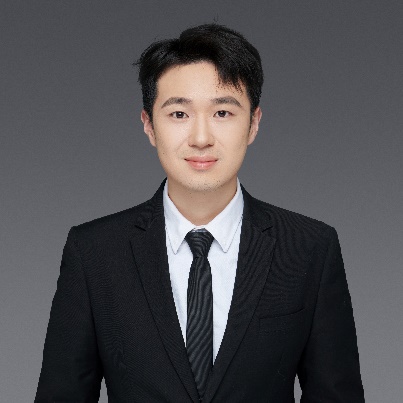On November 5, 2023, the "Certificate Award Ceremony and Academic Exchange Conference for the Contemporary Economics Doctoral Innovation Project" was held in Guangzhou, Guangdong Province. The final list of the "2023 Contemporary Economics Doctoral Innovation Project" was announced during the event. The papers titled "Theoretical and Empirical Study on the Impact of Urban Spatial Structure on Innovation Performance" by Wang Qiao, a doctoral graduate from Professor Liu Xiuyan's team at the School of Economics and Management, and "Research on the Formation Path and Economic Effects of Technological Clusters" by postdoctor Ran Zheng were selected for the project.
It is reported that since its establishment in 2016, the "Certificate Award Ceremony and Academic Exchange Conference for the Contemporary Economics Doctoral Innovation Project" has been held for the eighth consecutive year. The "Contemporary Economics Doctoral Innovation Project" was established by the Contemporary Economics Foundation to encourage and support outstanding Chinese university doctoral graduates in economics who are committed to making innovative contributions in the field of economics. It aims to assist them in conducting in-depth research in cutting-edge academic fields and contribute to the innovative development of economic science. The project is held once a year, selecting 10 young scholars each time. Each scholar receives a pre-tax funding of 100,000 RMB, and an additional 40,000 RMB as a doctoral thesis publication subsidy.


Introductions on authors and their articles
Doctoral Graduates Wang Qiao from Southeast University

Wang Qiao, a Ph.D. in Applied Economics from the School of Economics and Management at Southeast University, was under the guidance of Professor Liu Xiuyan. He is currently employed at the Industrial Economics Research Institute of Jinan University. His research focuses on urban economics and industrial economics. His paper, "Theoretical and Empirical Study on the Impact of Urban Spatial Structure on Innovation Performance", takes the urban spatial structure as a research perspective against the background of national advocacy for land and space optimization. He constructed an analytical framework for the influence of China's urban spatial structure on innovation, combining macro and micro scales, and comprehensively evaluated the effects and inherent mechanisms of the impact of urban spatial structure on innovation performance from three aspects: upward development of urban vertical space, outward development of horizontal space, and leapfrog development.
Postdoctor Ran Zheng from Southeast University

Ran Zheng, a postdoctor in Professor Liu Xiuyan's team at the School of Economics and Management at Southeast University. He focuses on research related to industrial economics, regional economics, and innovation economics. His paper, "Research on the Formation Path and Economic Effects of Technological Clusters", takes technological clusters as a research perspective against the background of innovation-driven development. He has sorted out the characteristics of China's innovation activities, built models, and conducted statistical analysis from aspects such as differences in innovation activities, technology network relationships, and inter-regional technology links. The paper systematically studies how regional innovation activities are formed, evolved, and lead economic development.
Text: Ran Zheng, Wang Qiao, Lu Shiyu
Photos: Ran Zheng, Wang Qiao
Editor: Pei Zeyu, Xia Fei
Translated by: Li Zhaoting
Reviewed by: Tang Feng

